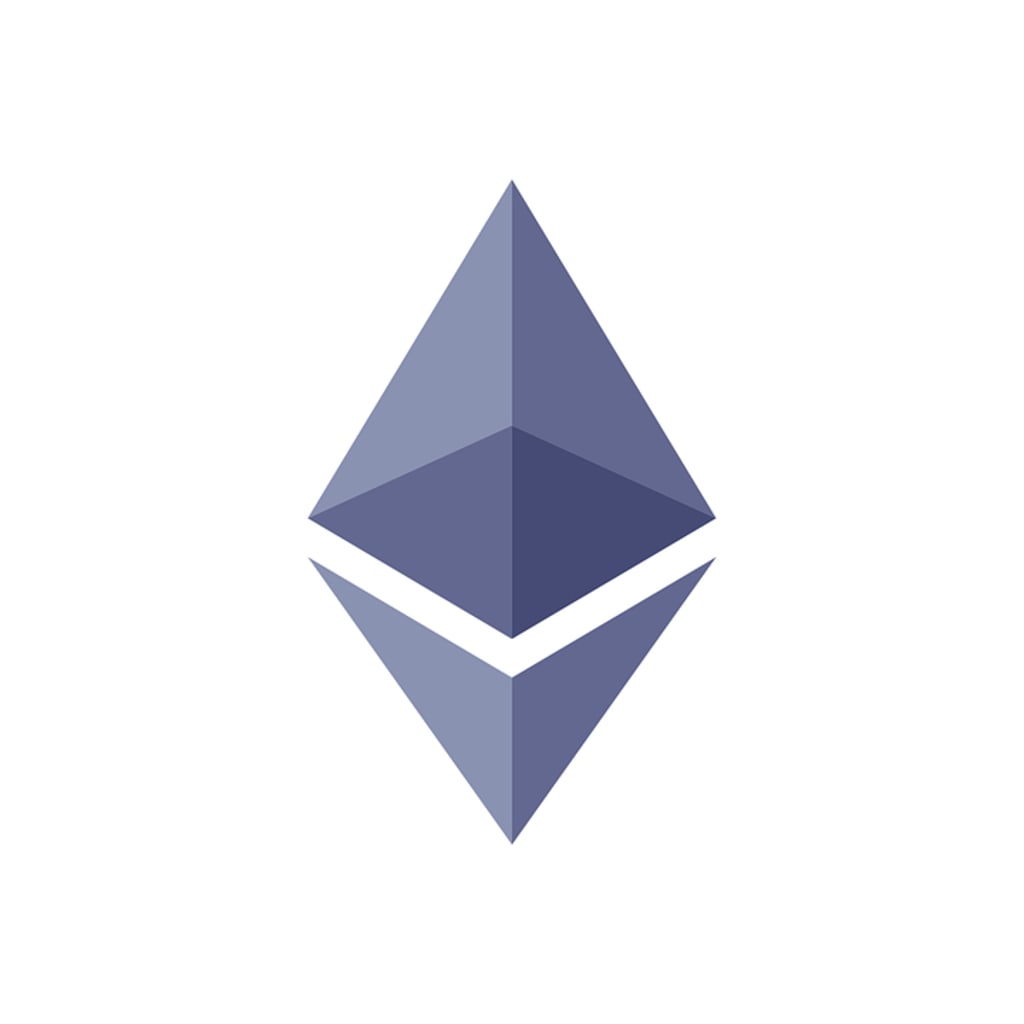
Ethereum is a decentralized open-source blockchain platform that runs smart contracts: applications that run exactly as programmed without any possibility of downtime, censorship, fraud, or third-party interference. These apps run on a custom built blockchain, an enormously powerful shared global infrastructure that can move value around and represent the ownership of property. This enables developers to create markets, store registries of debts or promises, move funds in accordance with instructions given long in the past (like a will or a futures contract) and many other things that have not been invented yet, all without a middleman or counterparty risk.
Ethereum was first proposed in 2013 by Vitalik Buterin, a cryptocurrency researcher and programmer. Buterin had previously worked on Bitcoin, but he believed that it was limited in its capabilities and decided to create a new platform that was more flexible and could support a wider range of applications. The Ethereum white paper, which outlined the design of the platform and the goals it sought to achieve, was published in 2014.
The Ethereum network went live on July 30, 2015, with 11.9 million coins pre-mined for the crowdsale. This represented about 13 percent of the total supply of ether (the native cryptocurrency of the Ethereum network) that would be released over time. The remaining supply of ether would be generated through mining, a process in which computers on the network validate transactions and create new blocks in the blockchain.
One of the key innovations of Ethereum is the use of smart contracts, which are self-executing contracts with the terms of the agreement between buyer and seller being directly written into lines of code. The code and the agreements contained therein exist on the blockchain network, ensuring that they are publicly available, transparent, and unchangeable.
Smart contracts can be used to facilitate the exchange of anything of value, such as money, property, or shares. They can be used to automate a wide range of processes, including the processing of insurance claims, the tracking of supply chain data, and the management of financial instruments.
In addition to smart contracts, Ethereum also supports decentralized applications (dApps), which are applications that run on the Ethereum network and are not controlled by any single entity. These applications can be built by anyone, and they can be used to do a wide range of things, such as creating a social media platform, managing a supply chain, or providing financial services.
The Ethereum network is powered by ether, which is used as a fuel to power the smart contracts and dApps that run on the platform. Ether is also used to pay the miners who validate transactions and create new blocks in the blockchain.
The Ethereum network is secured by a network of computers that work together to validate transactions and create new blocks in the blockchain. These computers, known as nodes, are spread all over the world and are run by a diverse set of individuals and organizations.
Ethereum is a decentralized platform, which means that it is not controlled by any single entity. This is in contrast to centralized platforms, such as banks and other financial institutions, which are controlled by a single entity and can be subject to censorship, fraud, and other types of interference.
Ethereum has the potential to revolutionize the way that we think about and use the internet. It allows developers to build applications that are not controlled by any single entity, which could lead to a more open, transparent, and equitable online world. It also has the potential to disrupt a wide range of industries, including finance, real estate, and the arts, by enabling the creation of decentralized markets and automating many processes that are currently done manually.
About the Creator
Enjoyed the story? Support the Creator.
Subscribe for free to receive all their stories in your feed. You could also pledge your support or give them a one-off tip, letting them know you appreciate their work.





Comments
There are no comments for this story
Be the first to respond and start the conversation.